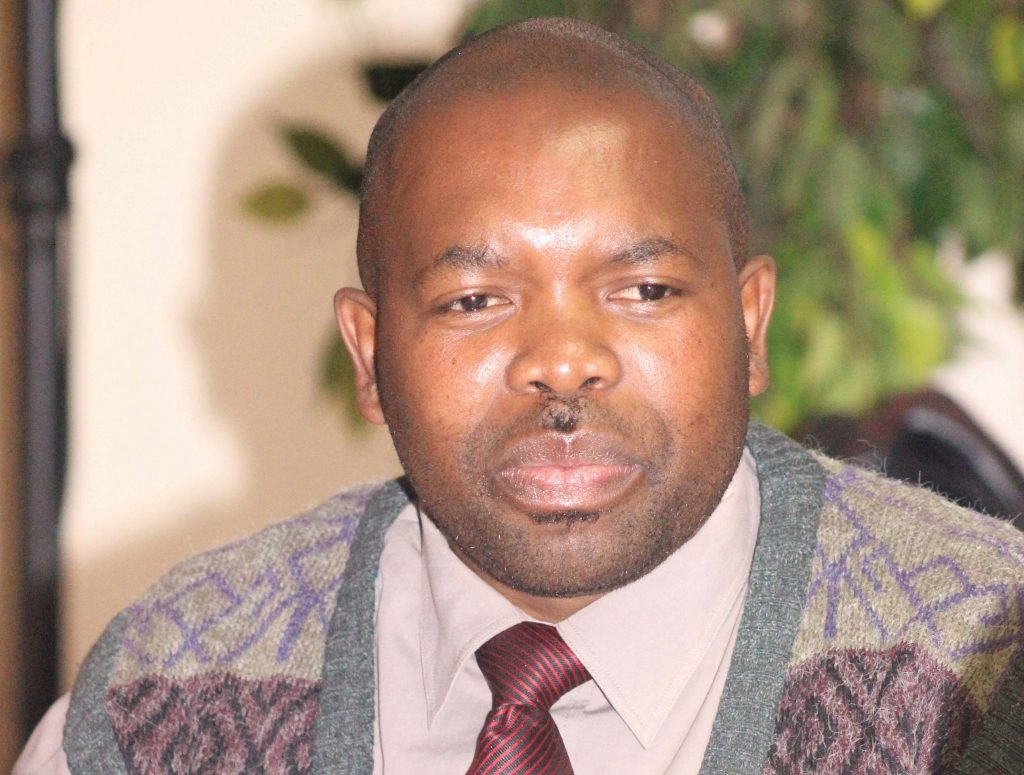 Bereng Mpaki
Bereng Mpaki
THE Private Sector Foundation of Lesotho (PSFL) has urged government to fast-track implementation of investment reforms in the wake of Lesotho’s poor showing on the world rankings for competitiveness in terms of investment.
Lesotho was recently ranked 120 in the latest 2016/17 Global Competitiveness Report, dropping from the position 113 achieved in the 2015/16 period.
Before that, Lesotho had achieved position 107 for 2014/15- a clear indication that the country has been steadily declining over the years.
PSFL Chief Executive Officer, Thabo Qhesi this past week told the Business Journal it was important for all stakeholders made concerted efforts towards improving the country’s investment climate which influenced Lesotho’s overall competitiveness.
“Lesotho’s performance in this particular study has not been getting any better in recent years, Mr Qhesi said, adding, “It is clear that there is something we are not doing which we should be doing in order to improve our country’s competitiveness”.
“PSFL, therefore recommends that the Investment Climate Reforms Section within the Development Planning Ministry pays more attention to the GCR 2016-17.”
Mr Qhesi said the cabinet sub-committee on investment climate reforms could also aid progress by convening regular sittings.
“I have received information that the sub-committee has not been sitting as often as it should. This frustrates the investment climate reform efforts,” he said.
The annual Global Competitiveness Report which is compiled by the World Economic Forum, assesses the competitiveness landscape of 138 economies, in an effort to provide insight into the drivers of their productivity and prosperity.
It defines competitiveness as the set of institutions, policies, and factors that determine the level of productivity of an economy, which in turn set the level of prosperity that the country can achieve.
The comprehensive study, combines 114 indicators that capture concepts that matter for productivity and long-term prosperity for a country.
These indicators are grouped into 12 pillars: institutions, infrastructure, macroeconomic environment, health and primary education, higher education and training, goods market efficiency, labor market efficiency, financial market development, technological readiness, market size, business sophistication, and innovation.
The pillars are in turn organised into three sub-indexes: basic requirements, efficiency enhancers, and innovation and sophistication factors, which also serve to describe what stage of development a country is in.
Lesotho is classified in the early stage of development (stage 1) which is a factor-driven stage along with 35 other world economies.
The study assumes that in the first stage, the economy is factor-driven and countries compete based on their factor endowments—primarily unskilled labor and natural resources.
Maintaining competitiveness at this stage of development hinges primarily on well-functioning public and private institutions (1st pillar), a well-developed infrastructure (2nd pillar), a stable macroeconomic environment (3rd pillar), and a healthy workforce that has received at least a basic education (4th pillar).
As a country becomes more competitive, productivity will increase and wages will rise with advancing development. Countries will then move into the efficiency-driven stage of development, when they must begin to develop more efficient production processes and increase product quality because wages have risen and they cannot increase prices.


Comments are closed.